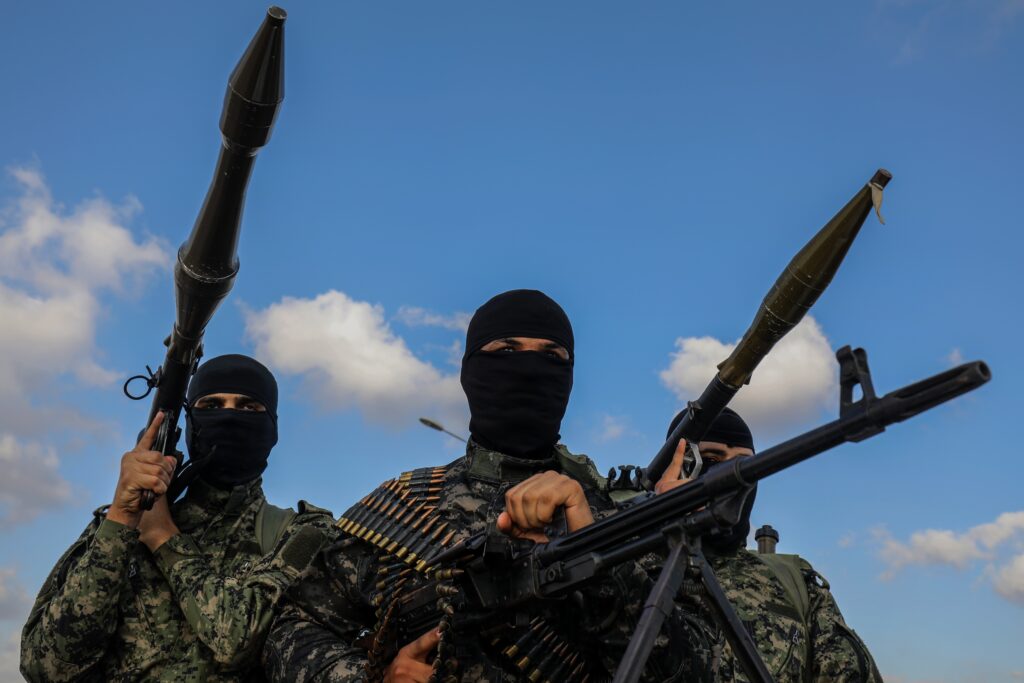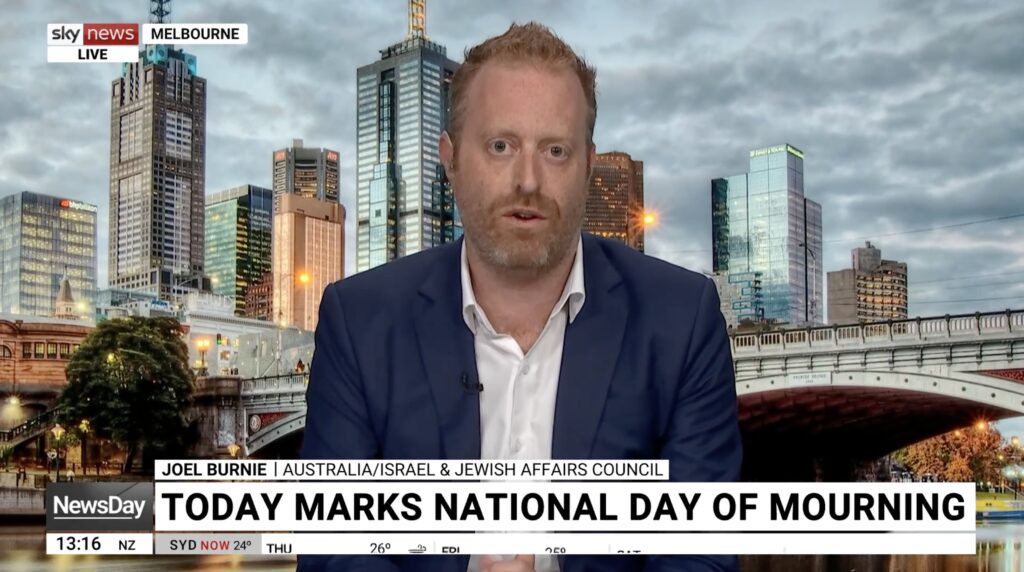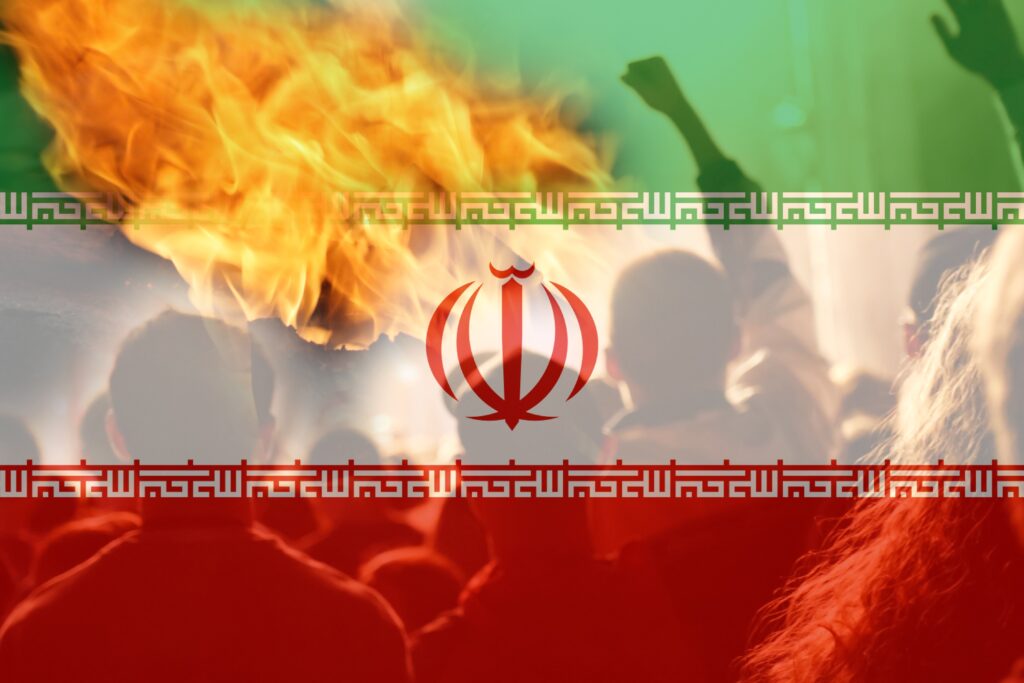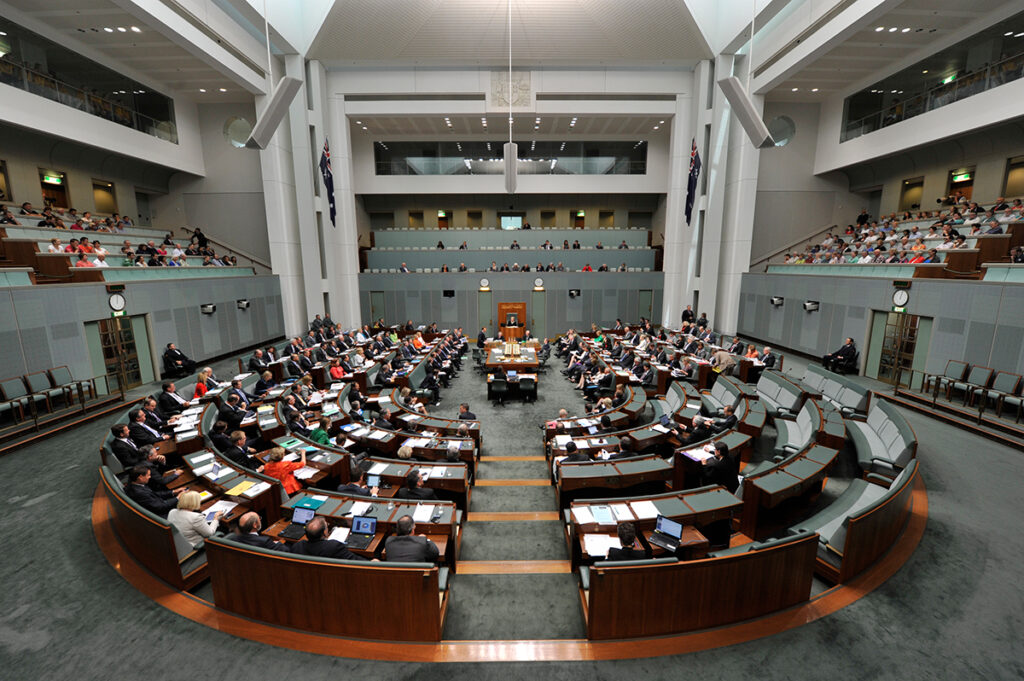IN THE MEDIA
VIDEOS
Recent violence and terror in Israel, plus Iran’s manoeuvring – Colin Rubenstein on Sky News
April 11, 2023
AIJAC’s Dr. Colin Rubenstein on recent violence and terror in Israel and the rising threat by neighbouring countries, including Iran’s manoeuvring – interviewed by Kieran Gilbert on Sky News.
TRANSCRIPT
Kieran Gilbert: Let’s bring in the executive director of the Australia/Israel & Jewish Affairs Council, Dr. Colin Rubenstein. We’ve seen this erupt, Colin, with the overlap we heard in the report there of Passover, Ramadan and Easter all at the same time. What was at the core, what was at the start of this latest phase of violence?
Colin Rubenstein: Look Kieran nice to be with you. Ramadan was always going to be a catalyst for the violence because there’s a bit of a history here of, uh, uh, people gathering, Palestinians gathering in Al-Aqsa and, you know, uh, infringing the rights of Jewish worshippers and the police, uh, and worse. Of course, we’ve seen rock-throwing in the past. And, uh, and lo and behold, of course, we did see intelligence reports last week that prompted the Israeli security and police to enter the Al-Aqsa mosque and try and clear those people behind barricades, literally, literally, you know, dozens and dozens of them with the promise of violence. And that led to mainly restraint. But of course, we saw excessive use of force also by some of the Israeli officials there, as the police chief has acknowledged over the last hour. Uh, but on top of that flashpoint of the Temple Mount, of course, we’ve seen the rocket attacks from Gaza and then more threateningly from Lebanon. As you point out, the largest barrage of rockets since the war of 2006. And while Hezbollah has taken pains to stay a step removed from the violence and Israel has gone along with that, we know that they are inciting and promoting and backing Hamas from Gaza and from southern Lebanon. And of course, we’ve seen the terrible, tragic, murderous terrorism against the British Israeli sisters and the Italian tourist, which has only inflamed the situation to a much greater extent. Fortunately, in the last day or so, the calls for restraint seem to have been heeded. Different tactics by the Israeli police just being present in large numbers and not entering Al-Aqsa seems to have de-escalated the situation and we can only hope that that de-escalation continues in the coming days.
Kieran Gilbert: Indeed. And if it were to then engulf the likes of Hezbollah in southern Lebanon, it takes on a whole different and dangerous dimension if that were to unfold. So in a way that is welcome to that at least Hezbollah in the last few days hasn’t sought to try and worsen the situation along these other with these other Palestinian groups that have been firing the missiles.
Colin Rubenstein: Kieran that, of course, is the main game with Iran really on a high at the moment in terms of supporting Russia in Ukraine and elsewhere, with China heavily involved. China, of course, orchestrating that Iran-Saudi slight de-escalation we saw in the last week or two and the growth of that alternative access to the free world, you know, Iran, China, Russia and others and Iran racing towards nuclear weapons capability. Um, you know, it’s literally imminent and priming their proxies across the region. So this is of great, a great worry, extremely disturbing. And in some ways we see the priming encouragement of their proxies, particularly Hamas, but also Palestinian Islamic Jihad. And of course, as your news report pointed out from Syria over the last 48 hours as well, um, they’re playing it at different levels and at least the United States is sending a submarine into the region, sending a message that this needs to be de-escalated and we’re around. We haven’t vacated the area. I think a positive step by the United States. But also worrying, of course, is the meeting of the Hezbollah/Hamas leadership in Beirut in the last days as well. So it shows that many, many factors are at play here. We have this appalling terrorism. We have the violence that we’ve seen in, in Jerusalem, the Old City and the bigger game and more threatening game, as you correctly point out, is Iran, um, you know, priming their proxies and racing towards nuclear weapons capability, which would be a huge game changer in the region.
Kieran Gilbert: Yeah, it would indeed. And remains precarious, it seems. As always, Colin Rubenstein from AIJAC, I appreciate your time, as always. Thank you.
Colin Rubenstein: Thanks, Kieran.
Tags: Iran, Israel, Palestinians





